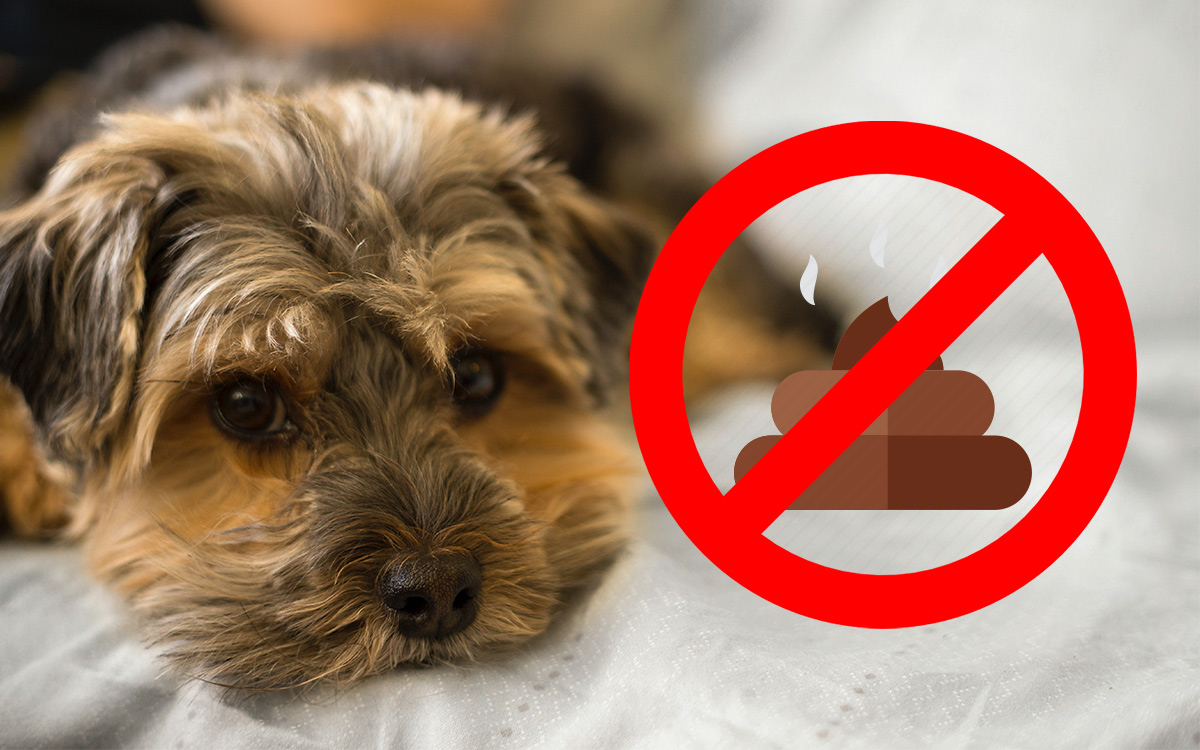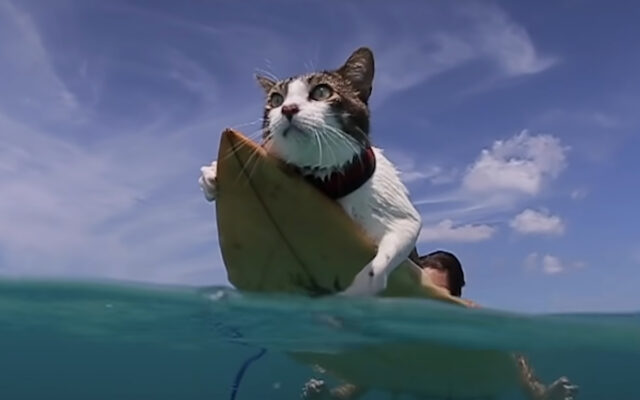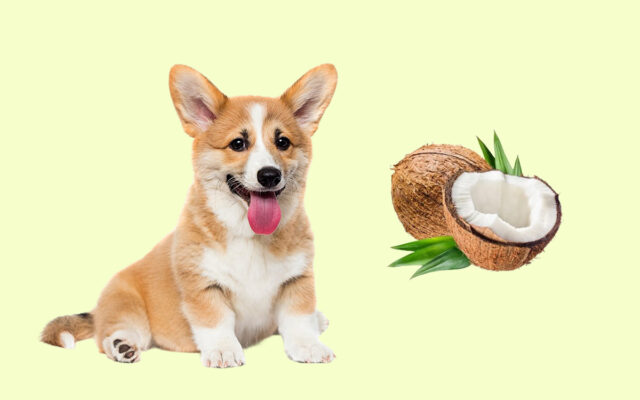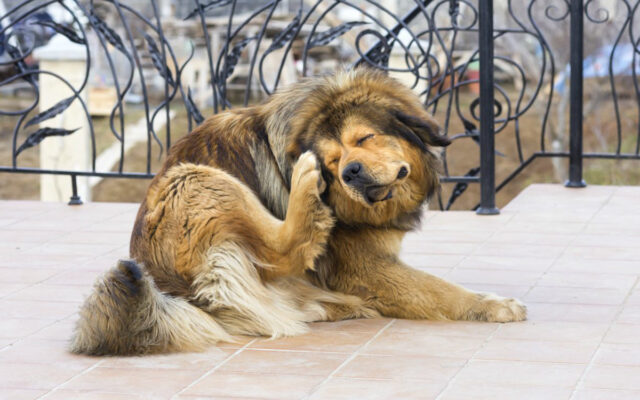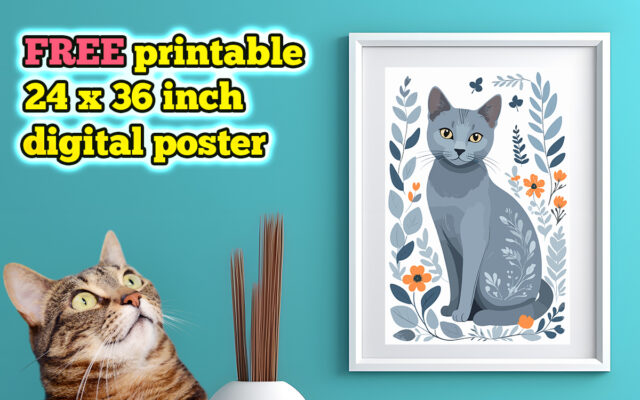Contents
As a pet owner, you may have noticed your dog engaging in some strange behaviors such as munching on grass or sniffing butts. While many of these behaviors are nothing to worry about, there is one behavior that grosses out most pet owners: eating one’s own feces or coprophagia.
While this behavior may seem strange, it is actually quite common in dogs and can be caused by a variety of factors. In this article, we’ll explore the potential causes of coprophagia, what pet owners can do to help prevent it and how we got our dog Max to stop eating poop.
Rather watch a video? We got you covered!
Parasites
Dogs infected by roundworms or similar types of intestinal parasites can steal nutrients from their meal making them hungry all the time. Since they are not getting enough nutrients, dogs may “supplement” their deficiency by eating poop.
Too much isolation
Dogs are social animals and need interaction with humans and other animals to remain healthy. When they are isolated from their owners or other animals for too long, they may exhibit eating their own poop as a way of expressing their boredom and loneliness.
Nutritional deficiency
It is important to note that coprophagia can also be a sign of nutritional deficiencies. If a dog is not getting the right balance of nutrients in their diet, they may seek out additional sources of nutrition in the form of their own or another animal’s waste.
Limited space
Dogs that are confined in small areas for long periods of time are more likely to be a poop eater. Vets note that many dogs that came from pet shops or shelters that keep them caged up in these types of environments develop this issue.
Hiding the evidence
Being too harsh during the potty training phase can cause the dog to associate poop with getting scolded. So they eat the evidence to avoid punishment.
Feeding dogs too close to poop
Dogs that are constantly fed close to their poop are more likely to associate their meal and poop as the same thing.
How to get your dog to stop eating poop
First, talk to a veterinarian to make sure that these issues are not affecting the dog’s appetite.
- Parasite testing
- Digestive disorder check
- Diabetes, thyroid disease
Then try these steps one by one observing to see if the poop eating stops
- Change their food to a higher quality dog food ( Luckily for us, this fixed Max’s poop eating. More on this below )
- Add vitamin supplements to their diet
- Add stop stool eating dog tablets
- Spray their poop with bitter taste spray to make it unpleasant
How we got our dog to stop eating poop
Our Golden Retriever, Max used to be a serial poop eater. Definition serial poop eater is a dog that has been caught eating poop more than 5 times.
We noticed that he usually eats his own poop in the mornings right after breakfast. Even if we didn’t catch him eating the poop, we would know that he was eating it because of his god awful poop burp or some poop would be stuck on his teeth…
After talking to our vet about this issue and Max’s history of being a rescue it all started to make sense. Since he is a rescue, we believe he was caged up for long periods of time, lonely, fed close to his poop and started to associate poop and meals as food.
What we first did was to get a check up at the vet to rule out any illness that might be affecting his appetite. Passing all of the above, the vet recommended changing his dog food to Openfarm to ensure he is getting better nutrients from food.
Much to our delight, it worked! Max stopped eating poop the same morning and we have not caught him in the act since. Luckily for us, the switch to a higher quality dog food has made all the difference.
We hope that by reading this article, dog owners can gain a better understanding of the potential causes of poop eating and the steps they can take to help prevent and address this behavior.
And wish our own success story with Max will provide encouragement to those who might be facing the same issue.
